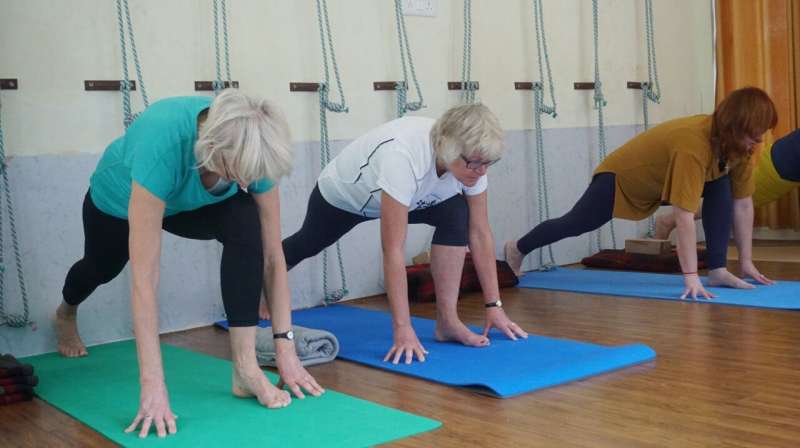Four Key Lifestyle Habits That May Extend Lifespan to 100 Years

Learn about four key lifestyle habits—physical activity, nutritious eating, quality sleep, and stress management—that may help you reach 100 years old with good health.
Celebrated for her remarkable age of 115, Ethel Caterham from Surrey has been officially recognized as the world's oldest living person. While her extraordinary longevity makes many curious about her secrets, experts agree that certain lifestyle habits can significantly influence our chances of reaching advanced ages.
Research on long-lived populations highlights four fundamental habits that may enhance longevity. These include maintaining regular physical activity, eating a nutritious diet rich in vegetables and whole foods, prioritizing quality sleep, and managing stress effectively.
1. Staying Physically Active: Engaging in daily movement can lower the risk of early death and improve overall health. Studies demonstrate that even moderate exercise, such as 75 minutes of brisk walking weekly, can add around two years to lifespan. Importantly, reducing sedentary behavior—like prolonged sitting—is crucial. Practical steps include standing up every half hour, opting for walking over emails when possible, and incorporating movement during daily routines.
2. Nutritious Eating Habits: Consuming a diet abundant in fruits, vegetables, nuts, and whole grains correlates with healthier aging. Limit intake of trans fats, red meats, fried foods, and sugary snacks. Emerging evidence suggests that caloric restriction and intermittent fasting in animals extend lifespan, and preliminary human studies indicate potential metabolic benefits from fasting protocols.
3. Quality Sleep: Regular, restorative sleep supports lifelong health. Disrupted sleep patterns are linked to increased early death risk, particularly among shift workers and those with irregular sleep schedules. While individual sleep needs vary, the general recommendation for adults is 7 to 9 hours per night.
4. Managing Stress and Social Engagement: Chronic stress and early-life adverse experiences can elevate inflammation and disease risk at later ages. Conversely, resilient individuals who practice stress reduction techniques like yoga or maintain active social lives tend to enjoy longer, healthier lives. Strong social bonds help mitigate stress and bolster mental well-being.
Genetics also play a role in longevity, with certain gene mutations being more prevalent among the very long-lived. Nonetheless, lifestyle choices can substantially influence lifespan, even for those with less favorable genetics. Adopting habits like regular exercise, balanced eating, adequate sleep, and stress management can optimize the odds of living a long, healthy life.
While longevity has its biological limits, these lifestyle strategies can improve both lifespan and healthspan, helping us enjoy greater quality of life well into old age.
Source: https://medicalxpress.com/news/2025-05-lifestyle-habits.html
Stay Updated with Mia's Feed
Get the latest health & wellness insights delivered straight to your inbox.
Related Articles
The Impact of Social Media on Realistic Family Mealtimes
Social media platforms like Instagram often showcase an idealized version of family mealtimes, which can influence parental expectations and increase stress. This article explores how curated images differ from everyday reality and offers tips for promoting authentic family feeding routines.
Expert Tips for Your Labor Day Weekend Based on Your Job Type
Discover expert tips tailored to your profession to make the most of Labor Day weekend. Whether you sit all day, do physical labor, or care for others, optimize your recovery and well-being this holiday.
How Parental Sedentary Behavior Influences Children's Activity Levels
A study highlights how parents' physical activity habits significantly influence their children's sedentary behavior, emphasizing the importance of family-driven active lifestyles for better health.



